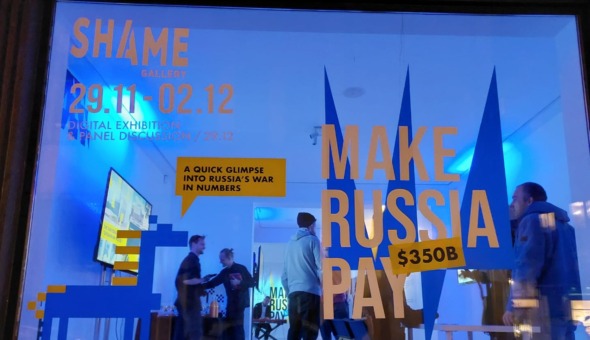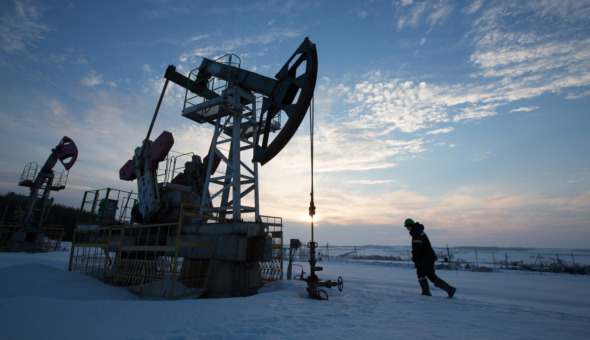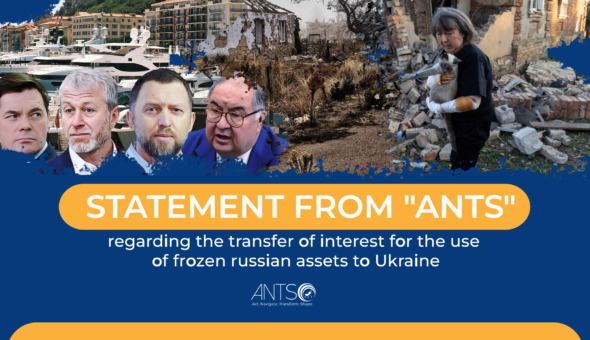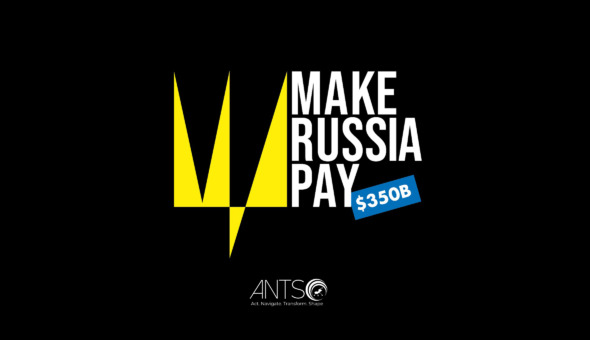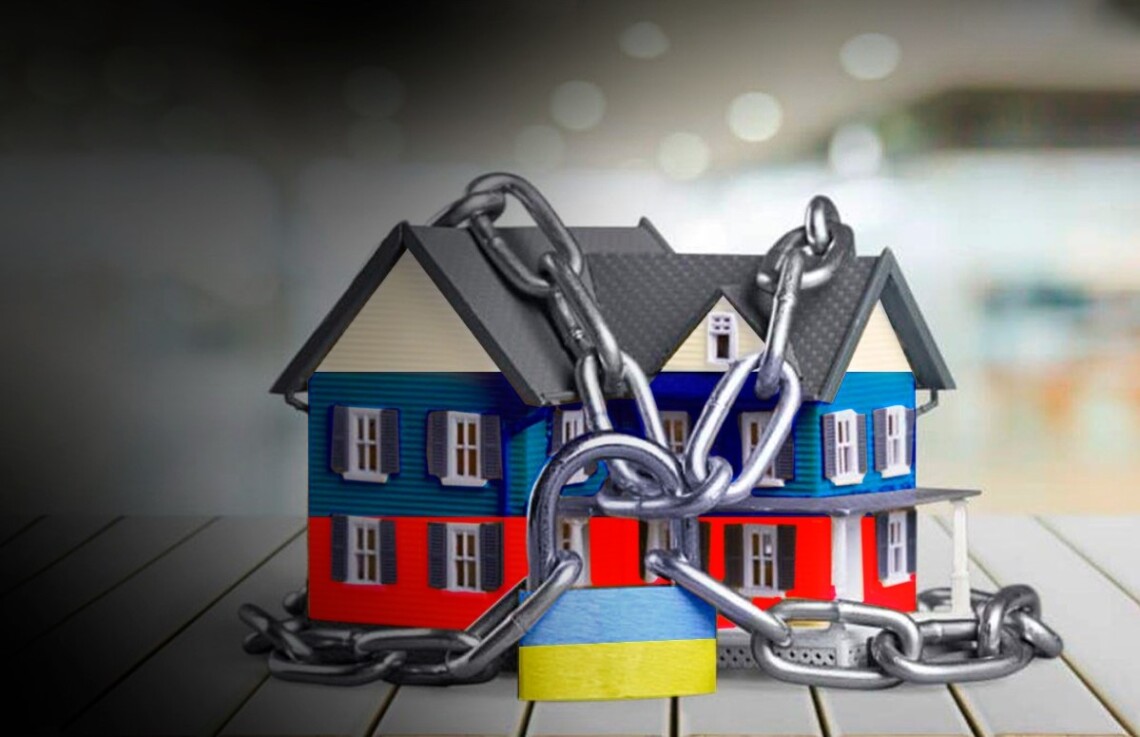
The confiscation of assets of russian persons by the Ukrainian state is an important and necessary step to ensure fair property liability of persons who support russian military aggression on the territory of Ukraine. In total, since the entry into force of the Law of Ukraine No. 2257-IX dated May 12, 2022, the High Anti-Corruption Court has passed about 20 decisions on the confiscation of assets.
However, in the process of such a confiscation, which is unique, there are a number of factors that require attention to avoid the possibility of a challenge or restitution of assets and to ensure that Ukraine does not incur additional obligations for compensation to russians or third parties who are co-owners of this property.
One of the difficult aspects is the confiscation of corporate rights from legal entities that are structured in foreign jurisdictions: Cyprus, Great Britain, the United Arab Emirates, etc. In particular, the problem arises in cases where shares in these legal entities belong to both authorized and non-authorized persons.
Thus, in the case regarding the recovery of Mikhail Shelkov’s assets, the corporate rights to Demurinsky Mining and Processing Plant LLC belonged to the Cypriot company “Limpieza Limited”, whose owners through controlled companies were Mikhail Shelkov (75%), and an unsanctioned citizen of Ukraine (25%). In this case, according to the decision of the Appellate Chamber of the High Anti-Corruption Court, 100% of the shares in the authorized capital of Ukrainian companies belonging to the company “Limpieza Limited” were charged to the state income. Therefore, in addition to the assets belonging to the sanctioned person Mikhail Shelkov, assets belonging to a citizen of Ukraine who is a non-sanctioned person were confiscated.
In such cases, as the practice of the European Court of Human Rights shows, it can be interpreted as a gross violation of property rights, in favor of which can be evidenced even by the fact that the owner goes to court to protect his rights. For example, the European Court of Human Rights came to this conclusion in the decision in the case “East-West Alliance Limited v. Ukraine” (East/West Alliance Limited v. Ukraine), where it was stated that the need to initiate legal proceedings for the return of legally owned property is evidence of a violation of rights under Art. 1 of Protocol No. 1 of the European Convention on Human Rights.
It is worth noting that the practice of VAX in this matter is not unambiguous. For example, in case No. 991/1914/23, which concerned the assets of the Rotenbergs, the sanctioned persons owned most of the shares of the Ukrainian company that owned the Ocean Plaza shopping center. A third of the shares in this company belonged to a citizen of Ukraine who was not subject to sanctions. According to national legislation and the previous practice of the Appeals Chamber in the case of the confiscation of Mikhail Shelkov’s assets, VAKS had the opportunity to collect 100% of the enterprise’s corporate rights from the state budget.
However, in the future, the Ministry of Justice appealed to the court with a claim for recovery in favor of the state of only the Rotenbergs’ shares, while the seizure of the shares of the Ukrainian owner was lifted. But this became possible only because the property was structured at the level of a limited liability company (LLC) in Ukraine. If the property was structured through a foreign company, the development of events would probably be similar to the case of Mikhail Shelkov.
Another important aspect is taking into account the rights of mortgage holders.
For example, in the case regarding the recovery of Oleg Deripaska’s assets, the issue of confiscation of the shares of PJSC “Khustskyi Karier” and PJSC “Zhezhelivskyi Karier” in favor of the state was considered. According to Ukrainian legislation, when the property is pledged, the pledgee retains his rights. Also, if the state seizes pledged property or property rights, it is obliged to compensate the pledgee for damages. Protection of the rights of the mortgagee can be a separate subject of court proceedings, which is associated with a risk for the state and taxpayers.
These cases are only examples of ignoring the rights of third parties during the process of confiscating of russian assets in Ukraine. Such situations create a risk for the state and taxpayers that must be taken into account. Eliminating the problems and risks associated with the confiscation of russian assets requires careful compliance with the law, objective consideration of cases, and effective resolution of situations arising during the confiscation. To achieve these goals, it is necessary to ensure transparency, fairness, and compliance with the principles of the rule of law in the process of confiscation of assets.
In order to prevent possible problems and ensure the effectiveness of the process of confiscation of russian assets, it is important to use clear rules and procedures, as well as to ensure a professional approach to handling cases. The judiciary and relevant government institutions must have sufficient resources and competence to deal effectively with such cases.
It is important that the practice of the High Anti-Corruption Court and the Ministry of Justice of Ukraine in the process of confiscation of russian assets is based on clear rules and ensures the protection of the rights of all interested parties. It is necessary to carefully analyze all factors that can affect the legality and effectiveness of the confiscation, taking into account in particular the rights of lienholders and other third parties who may have legal claims to the assets subject to confiscation.
Ukraine should strive to establish a system that guarantees the legal protection of all interested parties, in particular liens and non-sanctioned owners of assets. Only if the principles of the rule of law and justice are observed, it is possible to ensure the successful confiscation of russian assets to restore the economy of Ukraine and compensate the victims.
The research was carried out within the framework of the ANTS project” russian Assets as the Source to Restore the Ukrainian Economy “, which is implemented in cooperation with the National Democratic Institute (NDI) with the financial support of the National Endowment for Democracy (NED).
Source: Legal newspaper
Author: Markian Bem, lawyer
